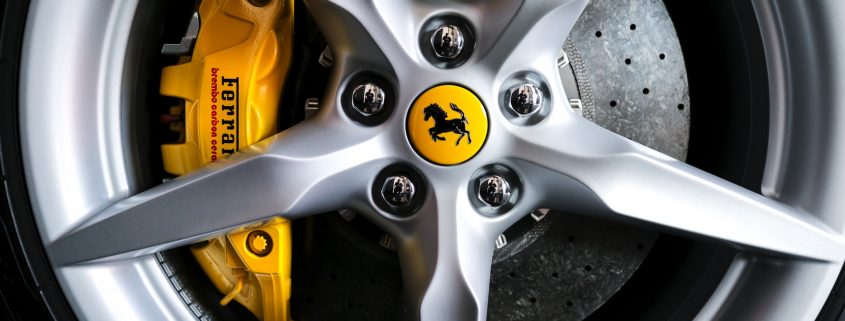The Difference between Power Brakes and Anti-Lock Brakes: What You Need to Know
 If you’re like most drivers, you probably don’t give a lot of thought to your car’s braking system. But the truth is, there are two different types of brakes – power brakes and anti-lock brakes – and each has its own benefits. In this blog post, we will discuss the difference between these two types of brakes and help you decide which one is right for you.
If you’re like most drivers, you probably don’t give a lot of thought to your car’s braking system. But the truth is, there are two different types of brakes – power brakes and anti-lock brakes – and each has its own benefits. In this blog post, we will discuss the difference between these two types of brakes and help you decide which one is right for you.
What are power brakes?
Power brakes work by using the engine to create pressure in the brake system. This pressure helps to push the brake pedal down, which then activates the brake pads or shoes. Power brakes are beneficial because they provide more stopping power than traditional brakes. They are also less strenuous on your body, making them a good choice for those with joint problems.
What are anti-lock brakes?
Anti-lock brakes, also known as ABS, work differently than power brakes. Instead of using engine pressure to activate the brake pads or shoes, anti-lock brakes use a hydraulic system to do this. When you hit the brake pedal, the ABS system will first apply the maximum amount of braking force possible. If you continue to press down on the pedal, the ABS will start to pulse the brakes on and off, which helps to prevent the car from skidding. Anti-lock brakes are beneficial because they provide better braking performance in difficult weather conditions, such as rain or snow. They are also good for preventing accidents, since they help you to maintain control of your car during a panic stop.
Which type of brake is better?
The answer to this question depends on your needs and preferences. If you are looking for a brake system that provides more stopping power, then power brakes are the better option. However, if you live in an area where weather conditions can make braking difficult, anti-lock brakes are the better choice. Ultimately, it is up to you to decide which type of brake is right for you. So, which type of brake do you think is best?
Power brakes work by using the engine to create pressure in the brake system. This pressure helps to push the brake pedal down, which then activates the brake pads or shoes. Power brakes are beneficial because they provide more stopping power than traditional brakes. They are also less strenuous on your body, making them a good choice for those with joint problems.
Anti-lock brakes, also known as ABS, work differently than power brakes. Instead of using engine pressure to activate the brake pads or shoes, anti-lock brakes use a hydraulic system to do this. When you hit the brake pedal, the ABS system will first apply the maximum amount of braking force possible. If you continue to press down on the pedal, the ABS will start to pulse the brakes on and off, which helps to prevent the car from skidding. Anti-lock brakes are beneficial because they provide better braking performance in difficult weather conditions, such as rain or snow. They are also good for preventing accidents, since they help you to maintain control of your car during a panic stop.
Which type of brake is better?
The answer to this question depends on your needs and preferences. If you are looking for a brake system that provides more stopping power, then power brakes are the better option. However, if you live in an area where weather conditions can make braking difficult, anti-lock brakes are the better choice. Ultimately, it is up to you to decide which type of brake is right for you. So, which type of brake do you think is best? Let us know in the comments!




